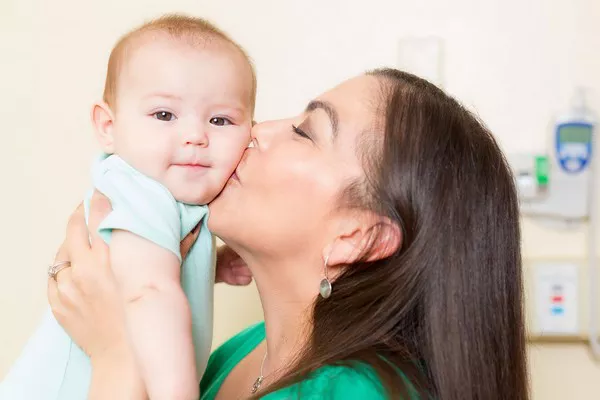Parenting styles vary widely across cultures and regions, and the European parenting style is no exception. European parents tend to adopt a more relaxed and permissive approach to child-rearing compared to other cultures. Today, we’ll explore what the European parenting style entails and how it differs from other parenting styles around the world.
Independence and Autonomy:
One of the key features of the European parenting style is an emphasis on promoting independence and autonomy in children. European parents believe in giving their children the freedom to make their own choices and explore their environment. This includes allowing children to take risks and make mistakes, as they believe that this is an essential part of the learning process. Parents often give their children age-appropriate responsibilities and encourage them to take ownership of their actions. This helps children develop a sense of self-reliance and prepares them for adulthood.
Unstructured Play:
European parents also tend to place a high value on unstructured play. They believe that children learn best through play and exploration, and they encourage their children to engage in free play rather than structured activities. This can include anything from playing in the park to building forts at home. By providing children with ample opportunities for free play, European parents help their children develop creativity, imagination, and problem-solving skills. It also allows children to unwind and relax, which is essential for their overall well-being.
Social Skills:
European parents place a strong emphasis on developing social skills in their children. They believe that it is important for children to learn how to interact with others and build relationships from a young age. This involves teaching children how to communicate effectively, how to share and take turns, and how to resolve conflicts peacefully. Parents often encourage their children to participate in team sports or community activities as a way of developing social skills. This emphasis on social skills helps children develop empathy and understanding, which is an essential part of being a well-rounded individual.
Education:
Education is highly valued in European culture, and this is reflected in the way that parents approach their children’s schooling. European parents place a strong emphasis on academic achievement and often push their children to excel academically. They believe that education is the key to success in life, and they work hard to ensure that their children have access to the best education possible. This involves providing children with academic resources such as books, educational games, and tutoring services. Parents also play an active role in their children’s education by attending parent-teacher conferences and helping with homework.
Food and Nutrition:
Europeans also tend to place a high value on healthy eating habits and nutrition. They believe that what children eat is important for their physical and mental health, and they make an effort to provide their children with a balanced diet. This can involve cooking meals from scratch, encouraging children to try new foods, and limiting the amount of junk food and sugary drinks that children consume. By prioritizing healthy eating habits, European parents help their children develop good habits that will last a lifetime.
Discipline:
European parents tend to be more permissive when it comes to discipline. They believe in using positive reinforcement and praise to encourage good behavior, rather than punishment. This can involve praising children when they do something well, offering rewards for good behavior, and using time-outs or other non-punitive consequences for misbehavior. European parents view discipline as a way of teaching children right from wrong, rather than simply punishing them for their mistakes. This approach helps children develop a sense of responsibility and accountability, and encourages them to make positive choices.
In conclusion, the European parenting style is characterized by a focus on independence, unstructured play, social skills, education, healthy eating habits, and permissive discipline. While this style of parenting may not be for everyone, it is clear that it has many benefits for children. By promoting independence and autonomy, European parents help their children develop self-reliance and prepare them for adulthood. Unstructured play allows children to develop creativity and problem-solving skills, while social skills help children build relationships and develop empathy. The emphasis on education helps children excel academically and prepare for future success. Healthy eating habits promote physical and mental well-being, and permissive discipline encourages children to make positive choices and learn from their mistakes.


